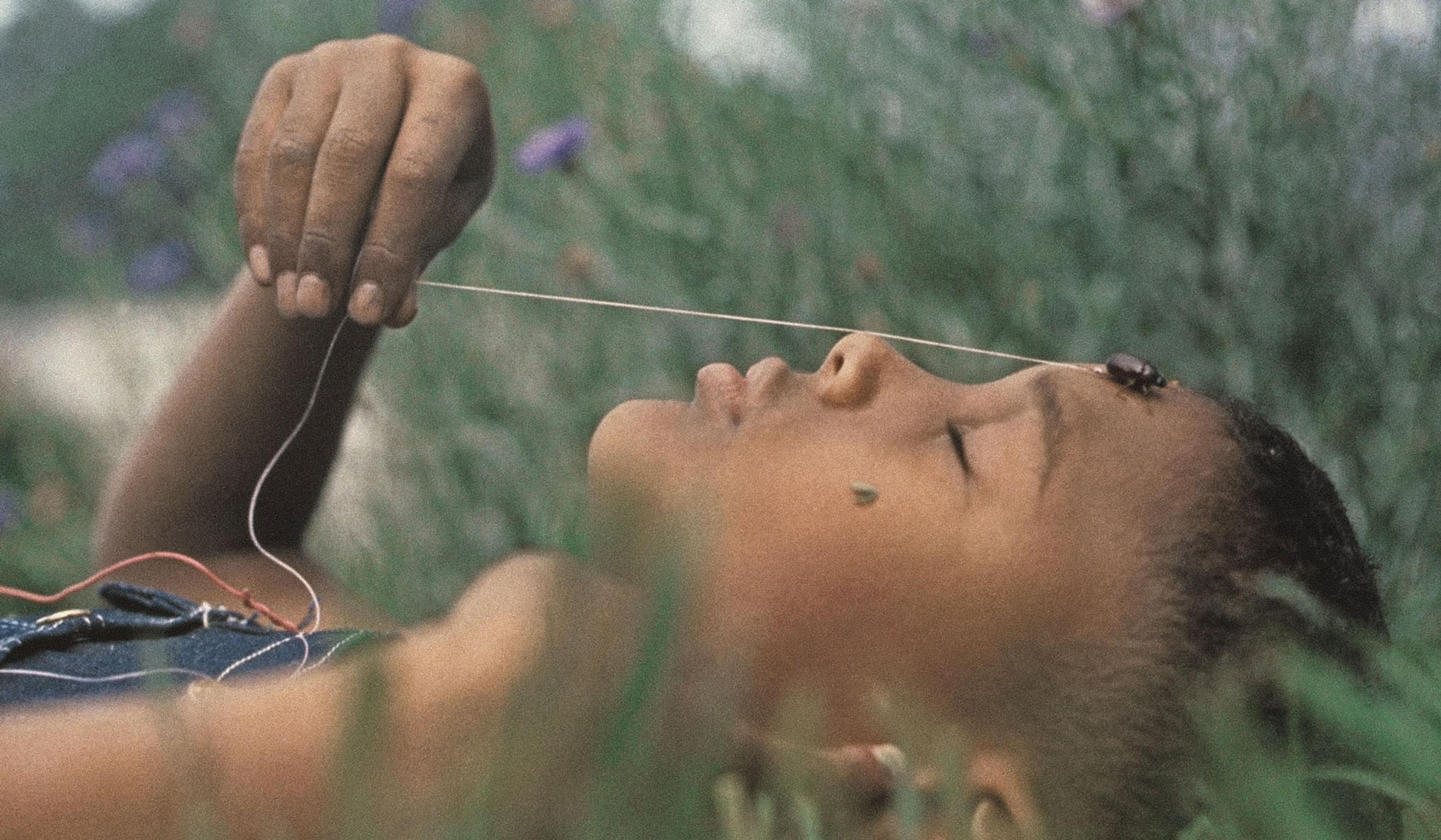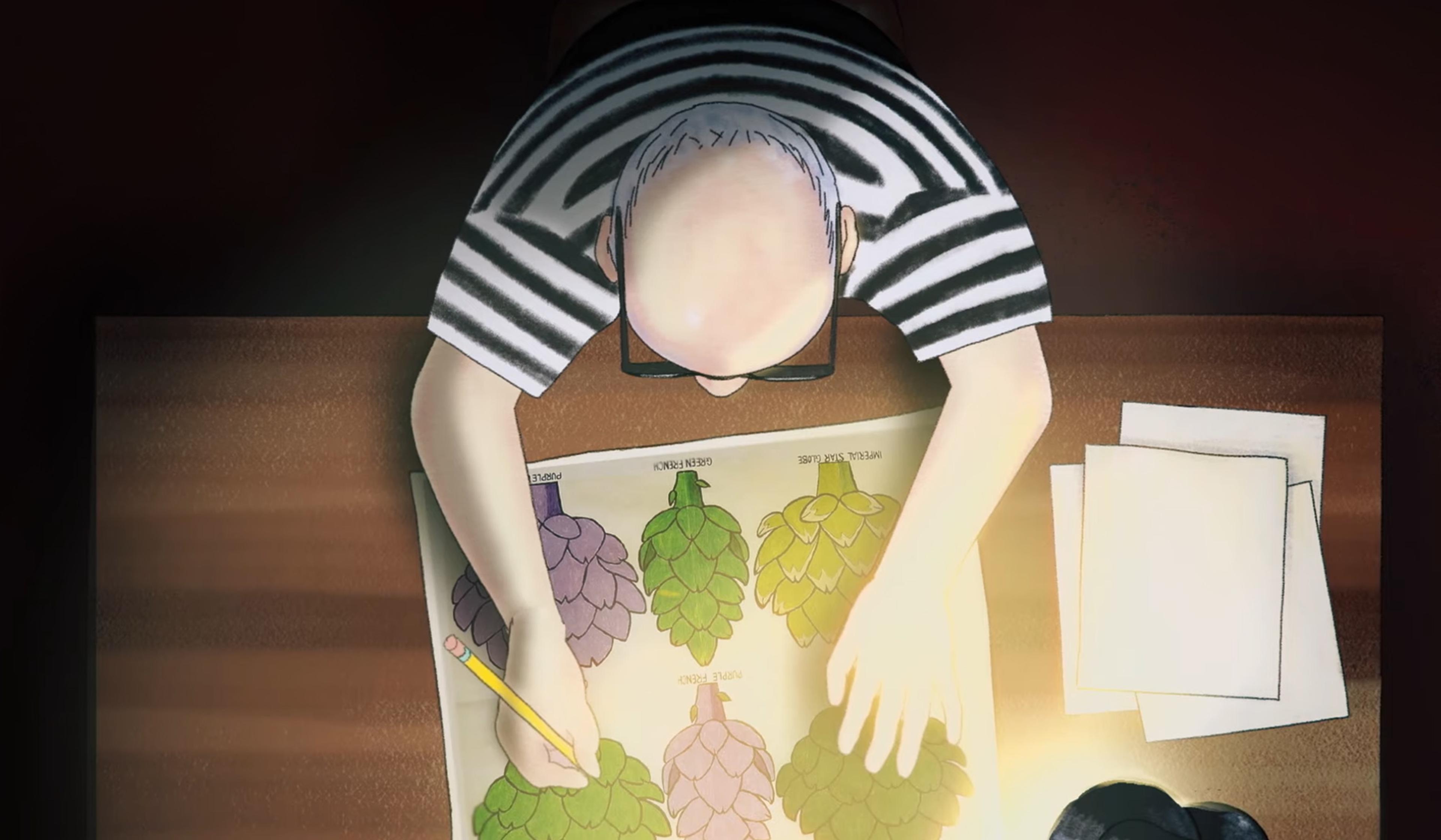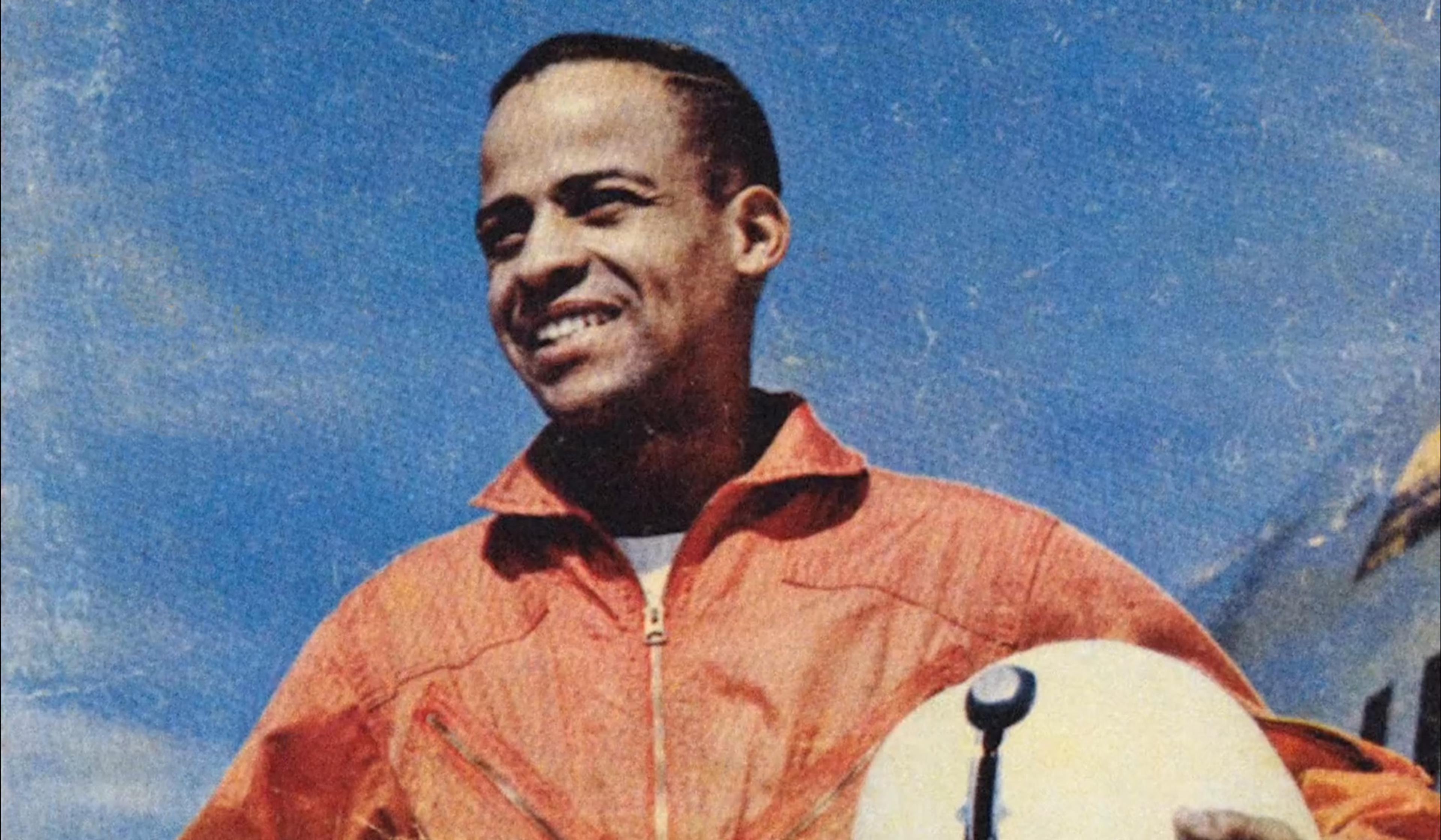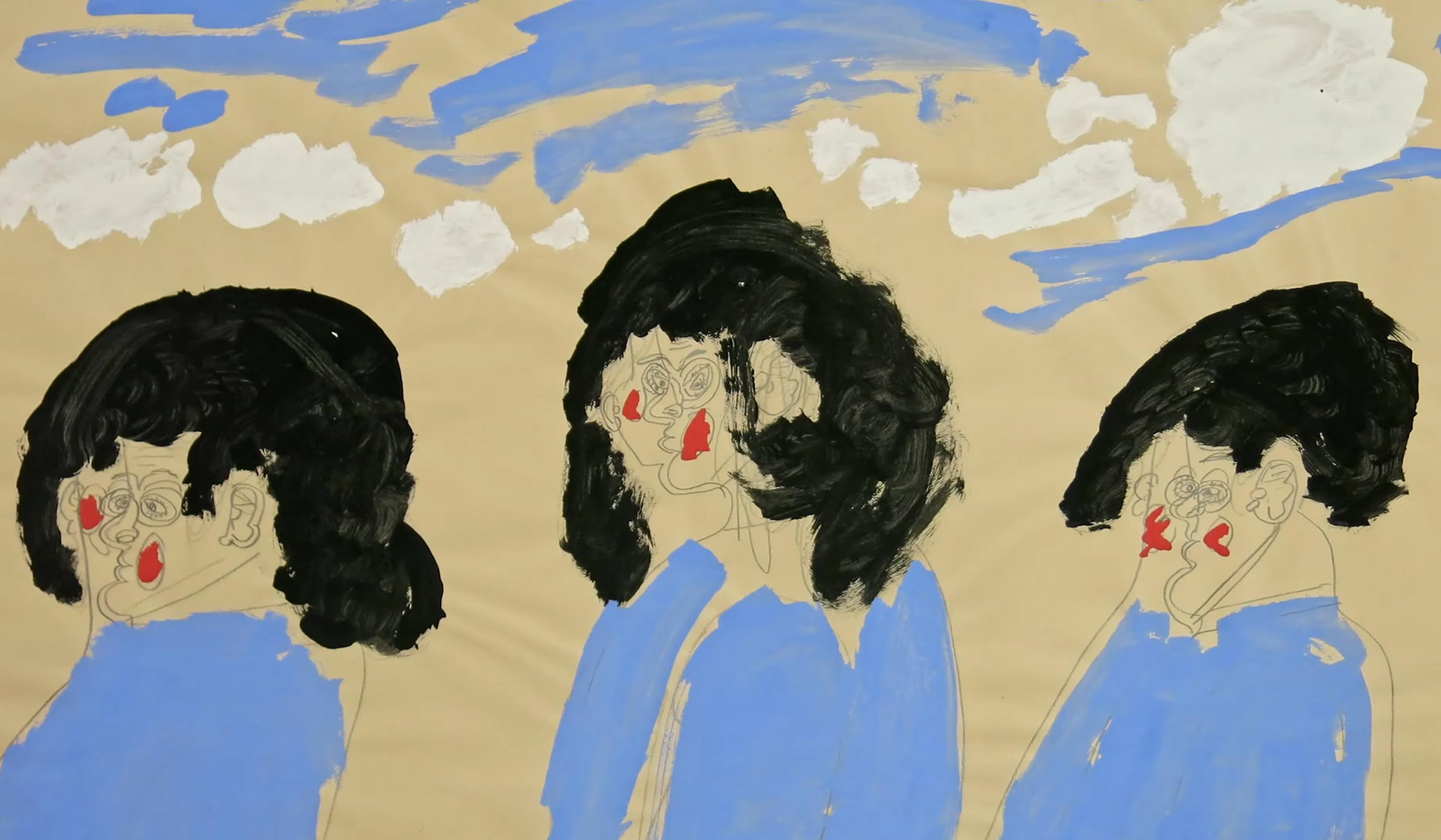Growing up Black in an era of social upheaval and tumult, Emory Douglas was on the verge of spending his young adulthood in penal institutions until he took up printmaking at a juvenile rehabilitation facility in California. In 1960, he began studying graphic design at City College of San Francisco. Soon, a serendipitous meeting of time, place, talent and revolutionary spirit would lead to Douglas being named the Revolutionary Artist and Minister of Culture for the Black Panther Party. From 1967 to the Party’s dissolution in the early 1980s, Douglas designed the art that came to define the Black Panthers and their iconography, including their newspaper, whose circulation peaked at 400,000. Interspersed with images of Douglas’s provocative art, this short documentary from the New York-based production studio Dress Code features Douglas reflecting on his life, and how it intersected with and propelled the Black Panther Party’s mission to fight back against institutional racism.
The revolutionary artist who propelled the Black Panther movement with imagery
Video by Dress Code
Producer: Tara Rose Stromberg

videoFilm and visual culture
Gordon Parks found a ‘weapon’ against poverty and racism in a secondhand camera
7 minutes

videoArt
When East met West in the images of an overlooked, original photographer
9 minutes

videoArt
How a self-taught autistic artist mines creativity from life’s endless variations
11 minutes

videoBiography and memoir
Passed over as the first Black astronaut, Ed Dwight carved out an impressive second act
13 minutes

videoPolitical philosophy
The radical activist couple who fought for social change in the courtroom
21 minutes

videoConsciousness and altered states
Art that makes meaning from what’s been discarded and music from the sounds of loneliness
19 minutes

videoHuman rights and justice
A Detroit minister uses community policing to bust the drug house next to his church
13 minutes

videoRace and ethnicity
Can a gang transform into a force for social good? The view from Chicago in 1970
52 minutes

videoArt
Inside the unique creative space where ‘outsider’ artists find their form
14 minutes